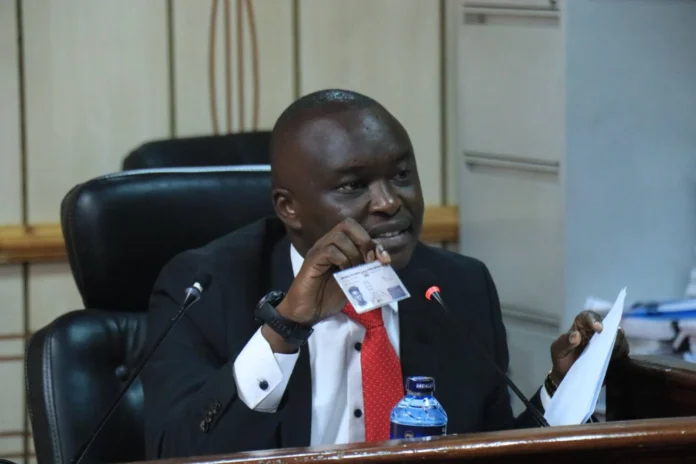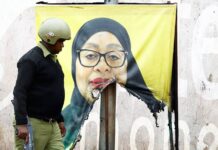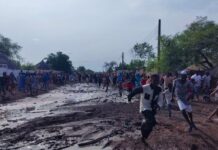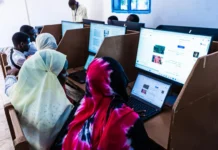Written by Were Kelly
In a chilling testimony before the National Assembly Health Committee, Nandi Hills MP Bernard Kitur claimed that his life is in imminent danger after exposing what he describes as a sophisticated international organ trafficking ring operating within Kenya’s borders.
The first-term UDA legislator recounted how his vehicle was recently trailed and blocked by individuals driving a car linked to the Directorate of Criminal Investigations (DCI) — an incident he believes was meant to intimidate him into silence.
“They tracked my vehicle around Eldoret and blocked it near Brookside. The car was a DCI vehicle. My officers were inside. This wasn’t random,” Kitur told the committee.
Kitur’s claims are as alarming as they are revealing. According to him, the alleged organ harvesting network targets young, vulnerable men from single-parent families, luring them with promises of fast money.
These individuals are then stripped of their legal identity — often issued fake documents or “alien” IDs — before having their organs removed under highly secretive and unethical conditions.
“They prey on young men who won’t be missed or protected,” Kitur said. “It’s not just local. Foreign facilitators and hospitals are involved.”
He singled out the North Rift region, claiming that multiple hospitals and shadowy brokers have been operating with impunity, and pointed to the Mediheal Group of Hospitals as one of several facilities previously linked to controversial transplant practices.
Kitur’s testimony raises profound questions about state accountability, medical ethics, and the exploitation of poverty in Kenya.
If true, these claims suggest a troubling nexus between public institutions, private healthcare, and transnational criminal networks.
More critically, his case highlights the vulnerabilities of whistleblowers in developing democracies, where speaking truth to power can carry real, life-threatening consequences.
His call to action was direct; dismantle the network,compensate survivors and protect those who come forward.
“Some of these young men are now maimed for life. The least the government can do is make them whole again,” he said.
Kitur is not alone in his fears. Naivasha MP Jane Kihara also spoke out recently, expressing concern over the withdrawal of her security detail, which she linked to internal political tensions within the ruling party.
Her allegiance to former deputy president Rigathi Gachagua may have made her a political target, she suggested.
“If anything happens to me, the President must be held responsible,” Kihara told the press.
Similarly, Soy MP David Kiplagat reported receiving threatening leaflets near his home, warning him to “shut up” or face deadly consequences.
He too fears for his safety.



















